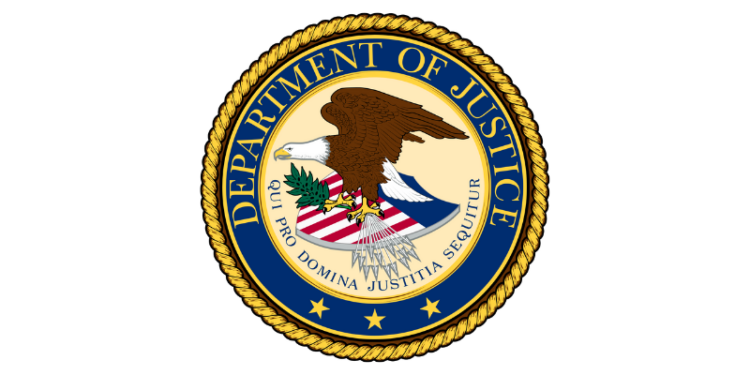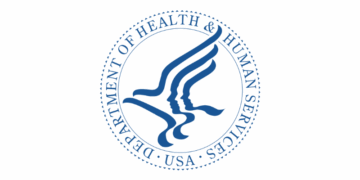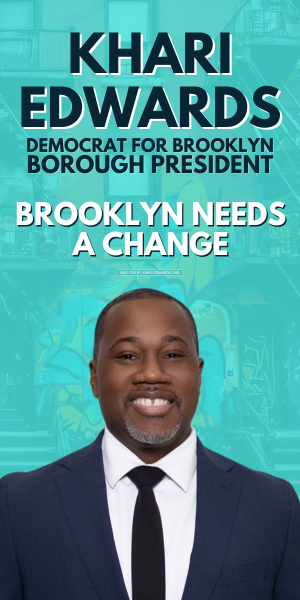The United States Justice Department issued directives on Wednesday, January 22nd, instructing federal prosecutors to investigate and potentially prosecute state and local officials who obstruct the Trump administration’s stringent immigration enforcement measures. This initiative, detailed in memos obtained by AP News and The Washington Post, marks a decisive shift in federal immigration policy and aims to address what the administration perceives as insufficient cooperation from Democratic-led cities and states.
Acting Deputy Attorney General Emil Bove emphasized the legal foundations for these measures, citing the Supremacy Clause of the U.S. Constitution. “Federal law prohibits state and local actors from resisting, obstructing, and otherwise failing to comply with lawful immigration-related commands and requests,” Bove wrote. He underscored the Justice Department’s commitment to enforcing immigration laws and defending the administration’s policies against legal challenges.
The memos also call for a broader collaboration across federal agencies. Prosecutors are directed to work with the newly formed Sanctuary Cities Enforcement Working Group to challenge state and local policies impeding immigration enforcement. Additionally, federal entities like the FBI and Bureau of Prisons are tasked with providing identifying information on undocumented individuals to aid in deportation efforts.
The move reflects a dramatic departure from the policies of the Biden administration, which emphasized prosecutorial discretion and reduced disparities in sentencing. By contrast, the new directive reinstates a policy of charging individuals with the most severe offenses that can be proven, aligning with past Republican-led Justice Departments. Critics have expressed concerns about the potential for overreach and a surge in prosecutions.
This initiative is part of a broader plan to implement what the administration calls the largest mass deportation campaign in U.S. history. Legal advocacy groups and officials in Democratic-controlled regions have already signaled resistance, raising questions about the legal and political ramifications of such measures.
The directive has reignited debates over the federal government’s authority to enforce immigration laws and its relationship with local governments. As prosecutions begin, it remains uncertain how these policies will reshape the immigration landscape or withstand anticipated legal challenges.












